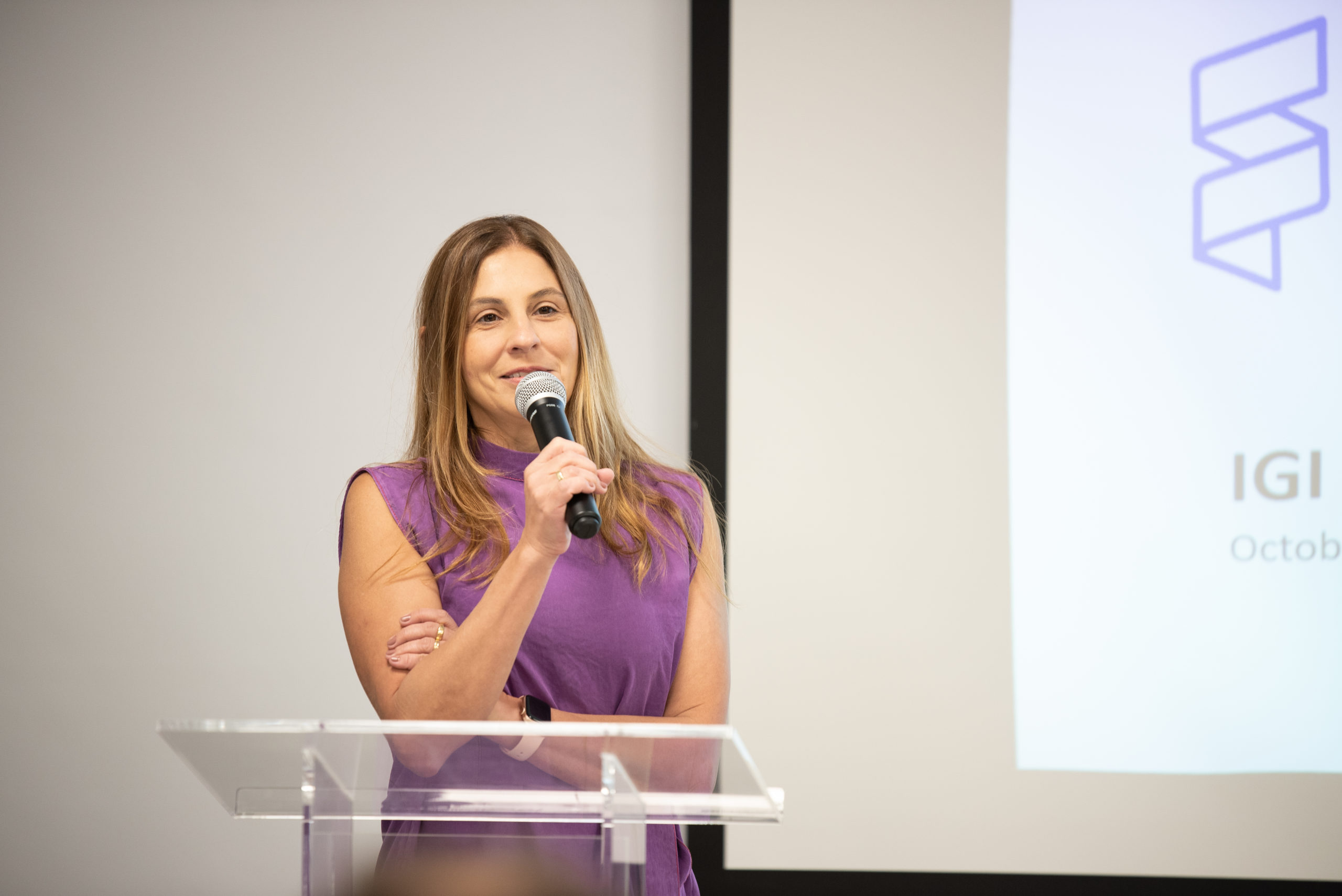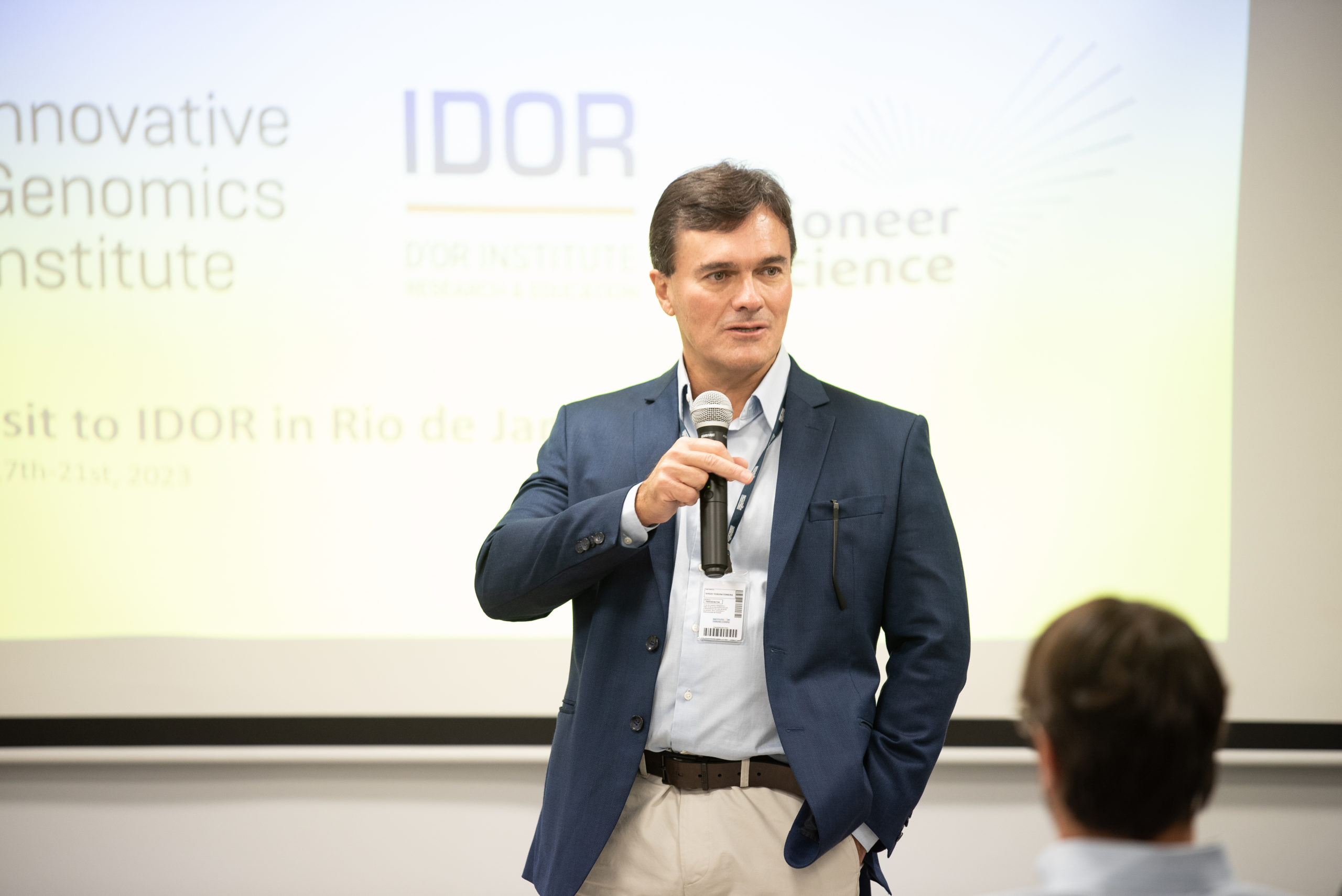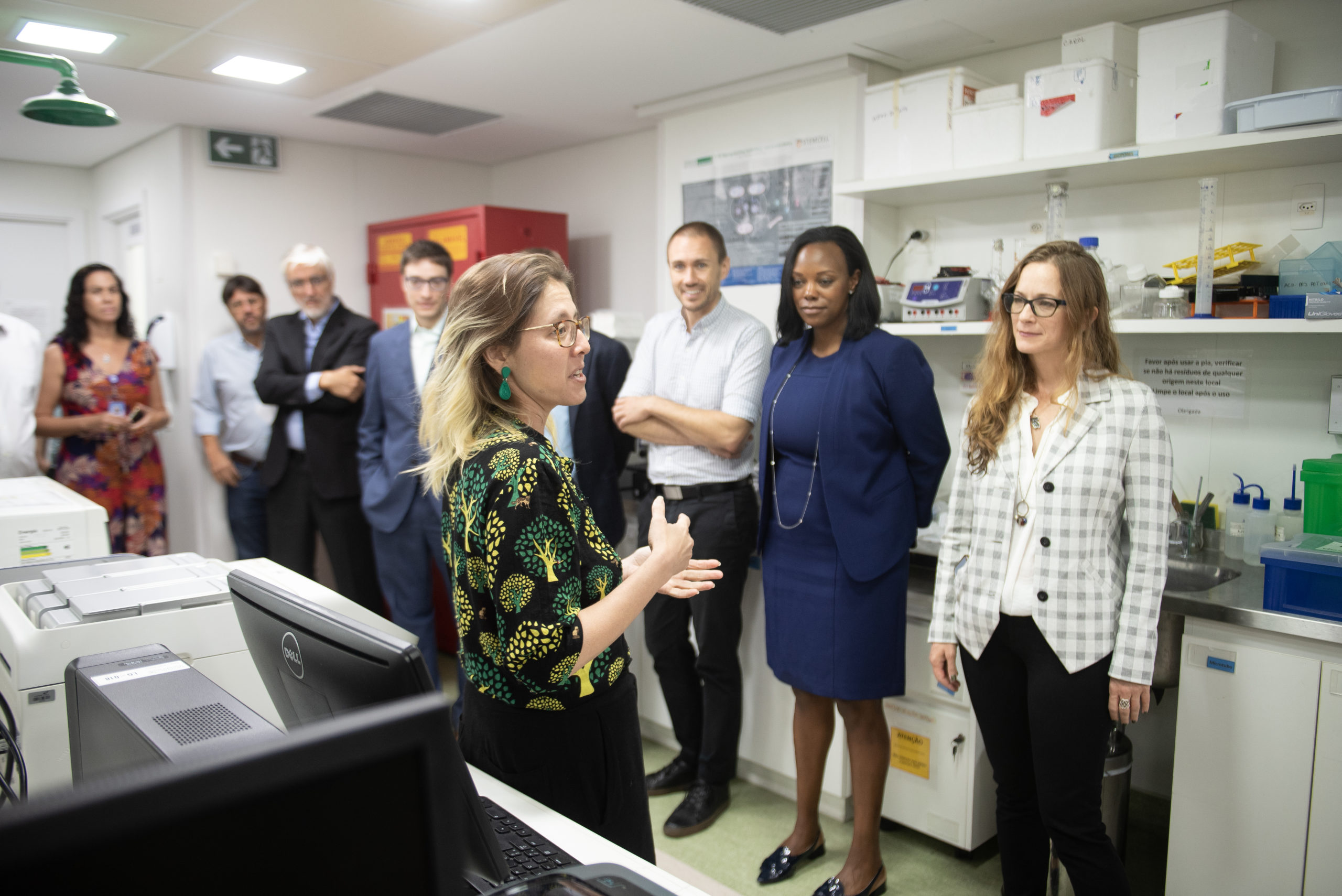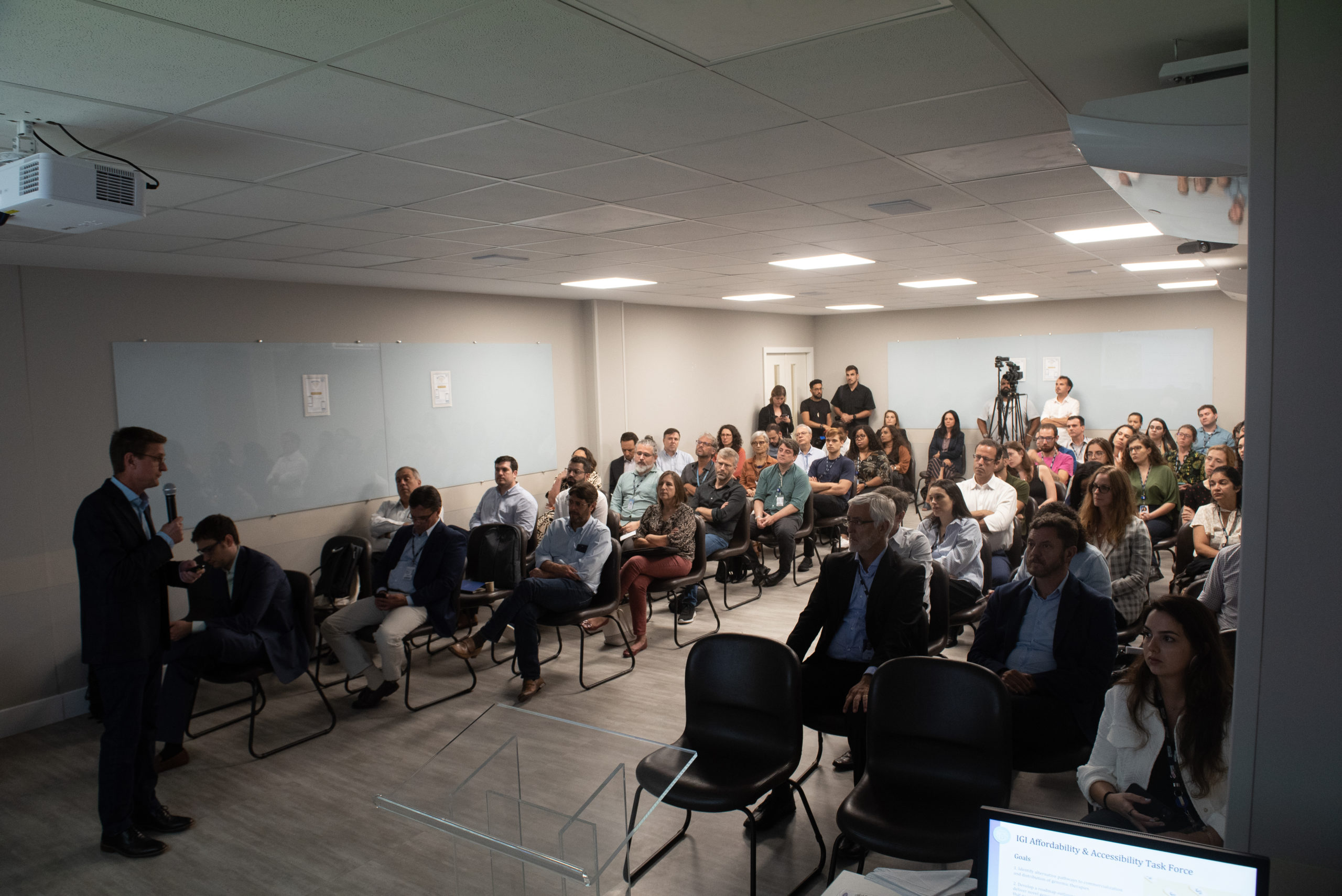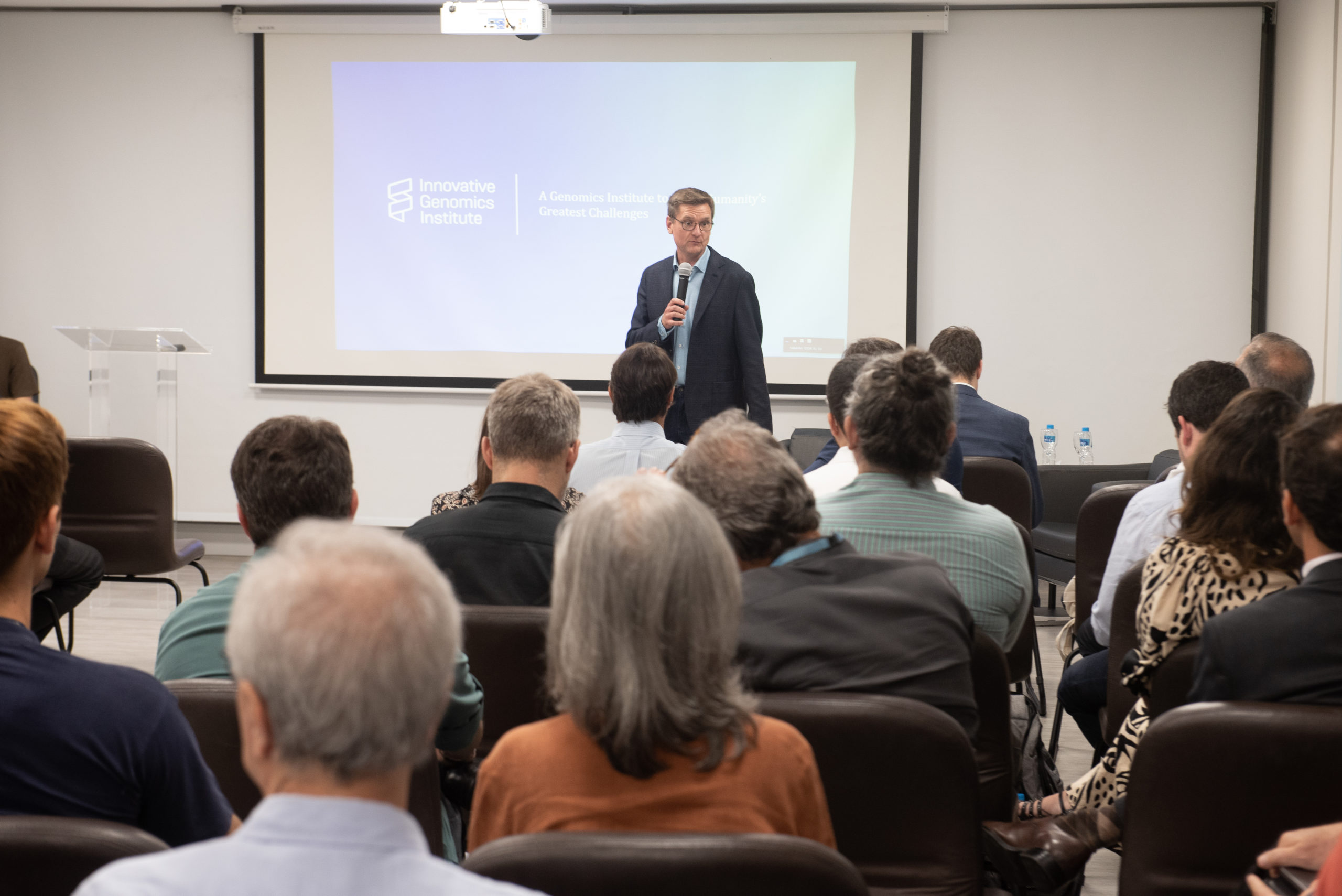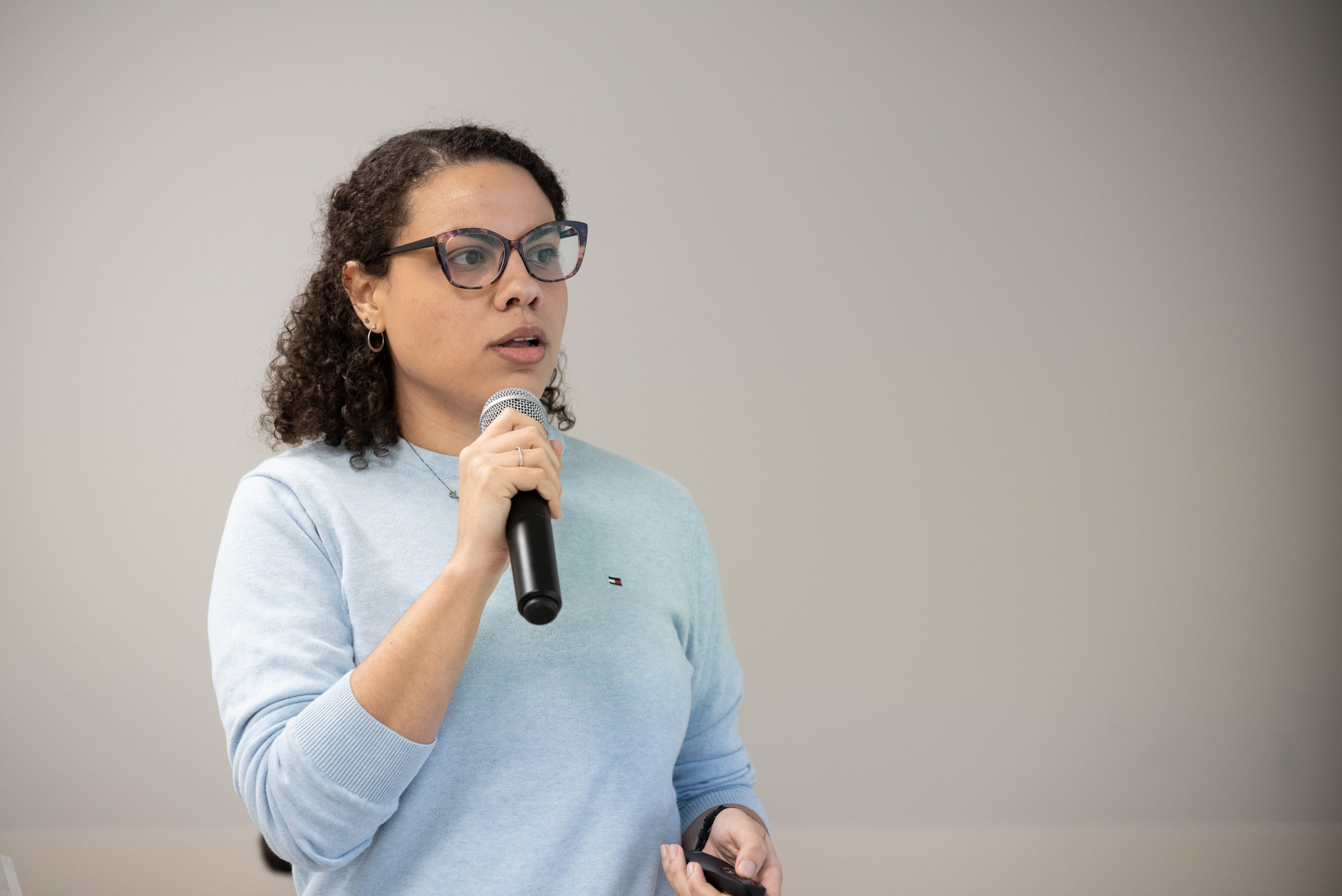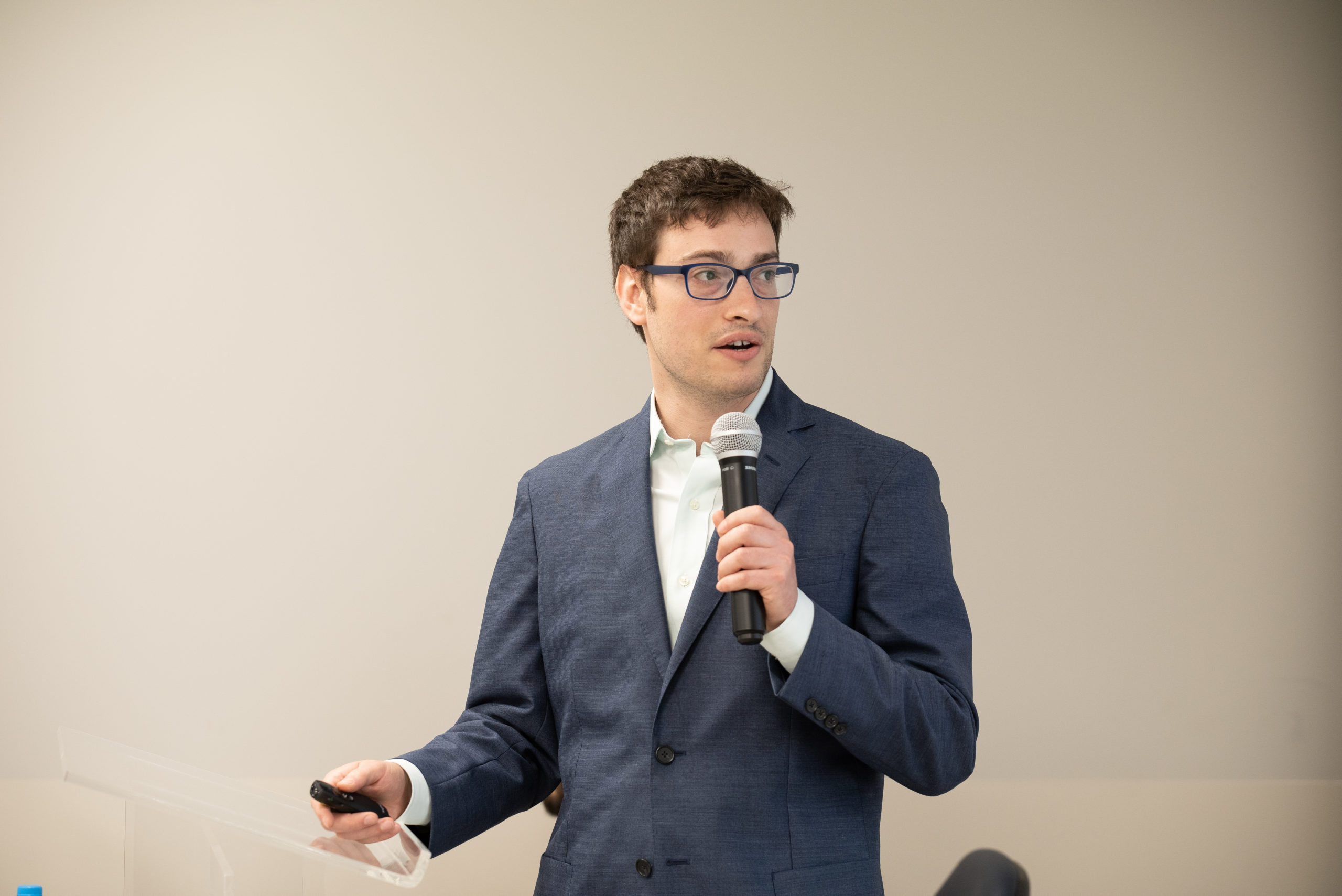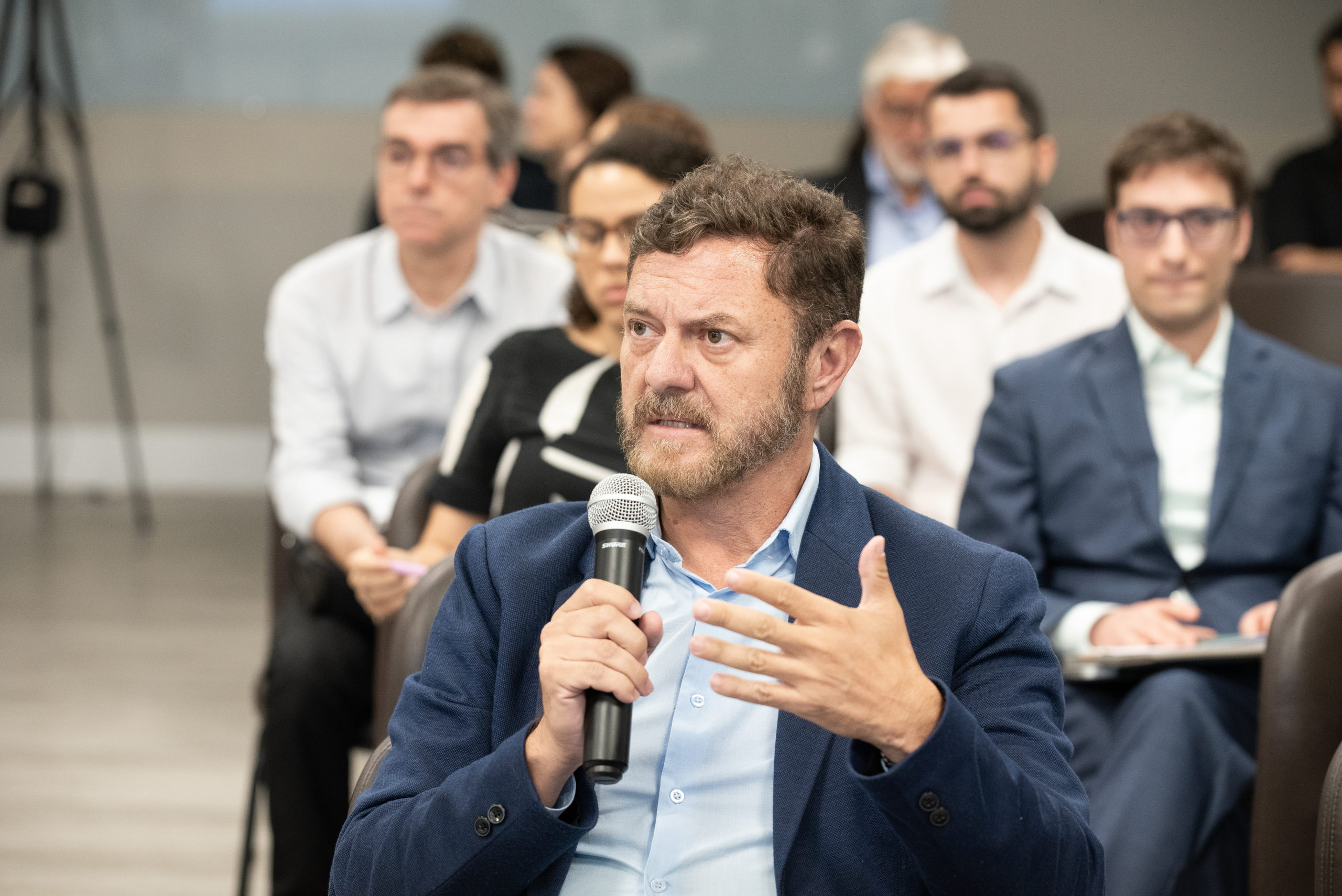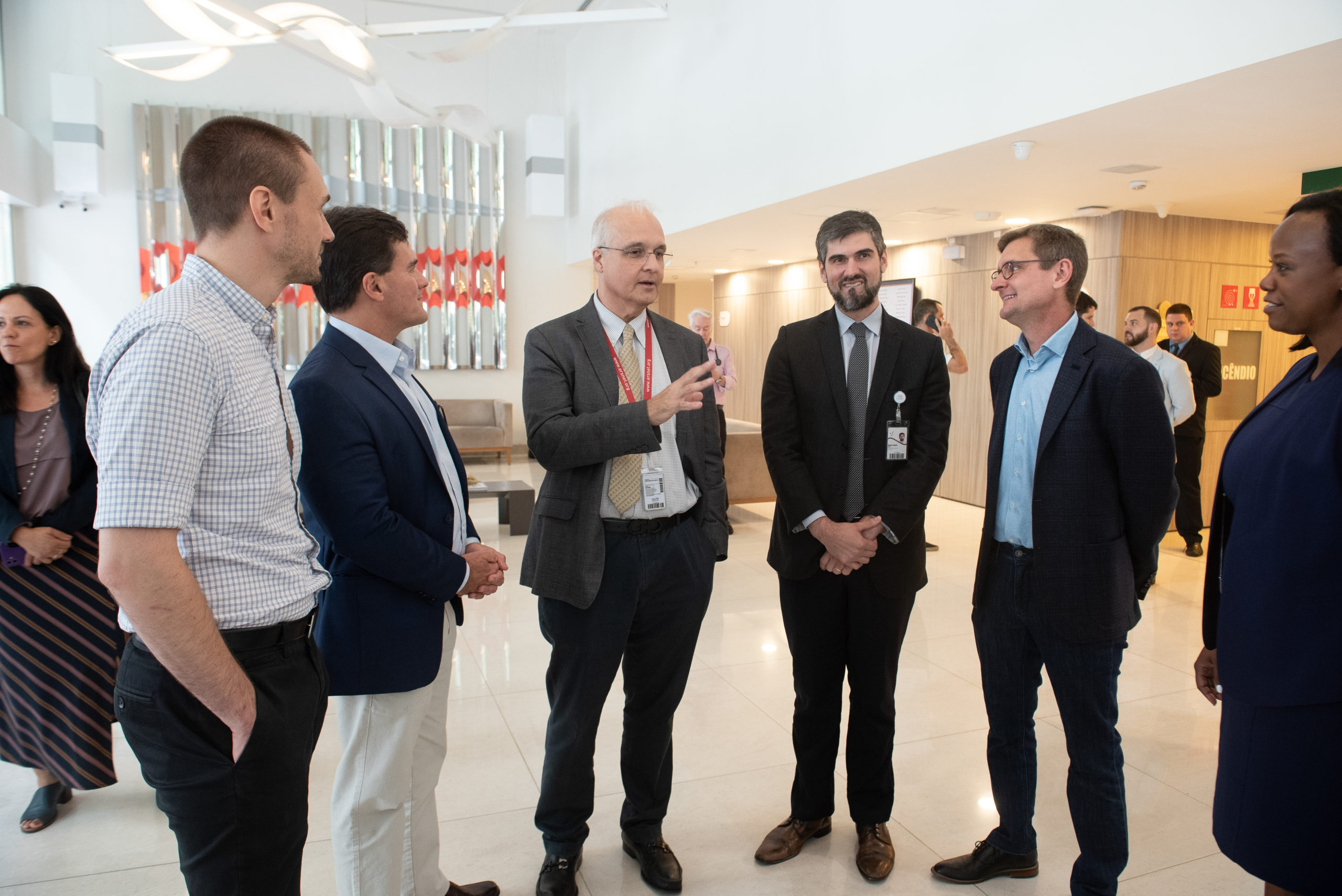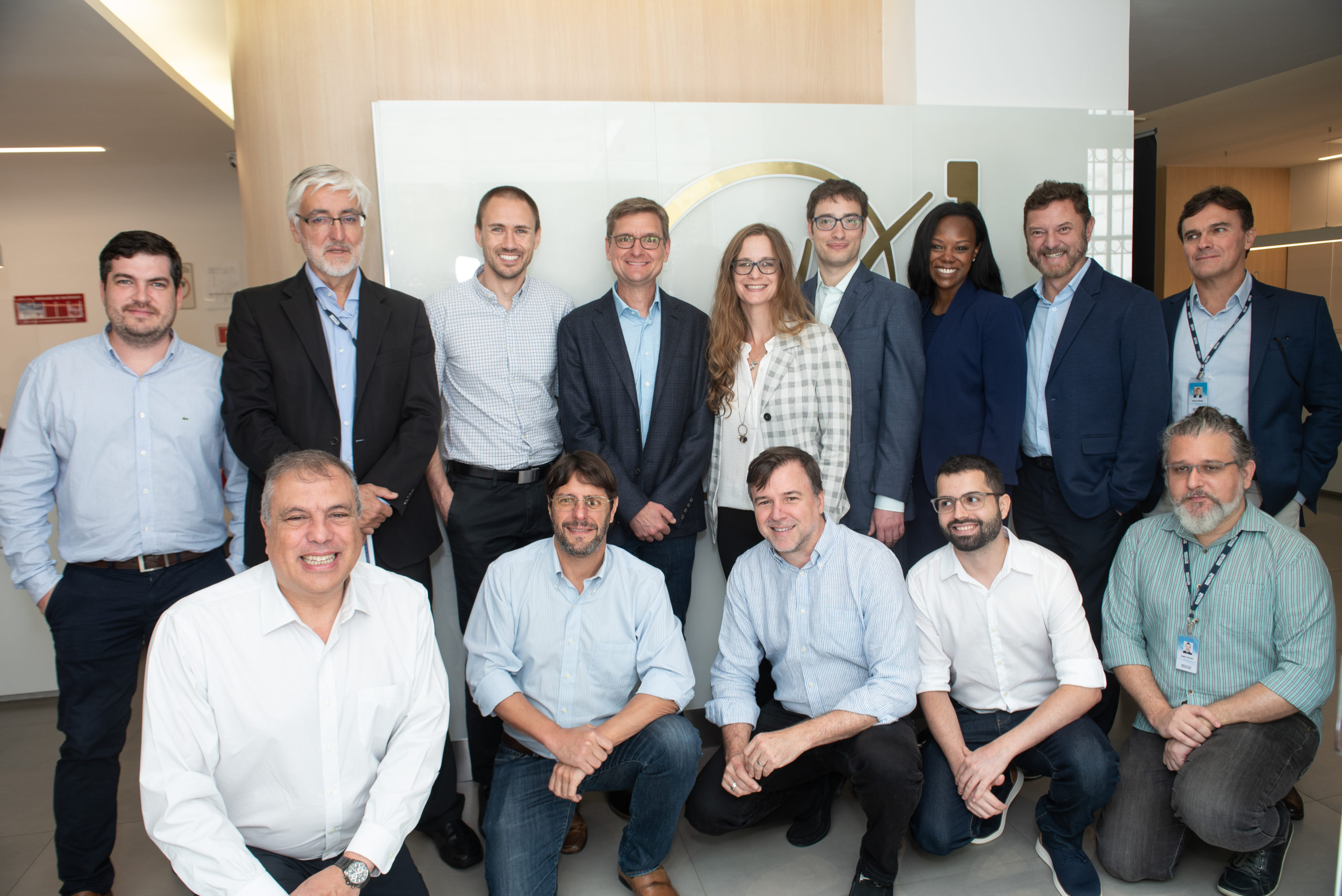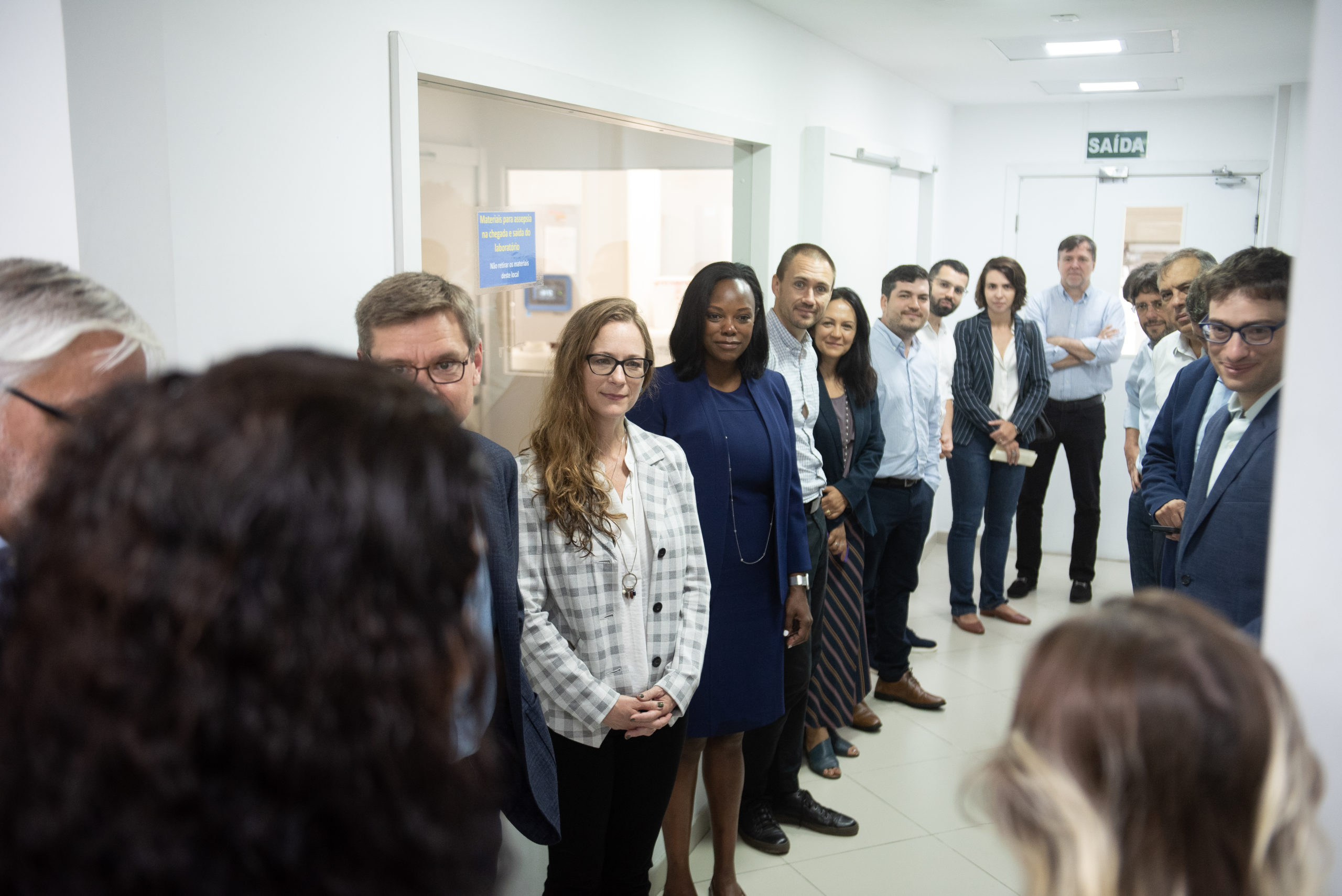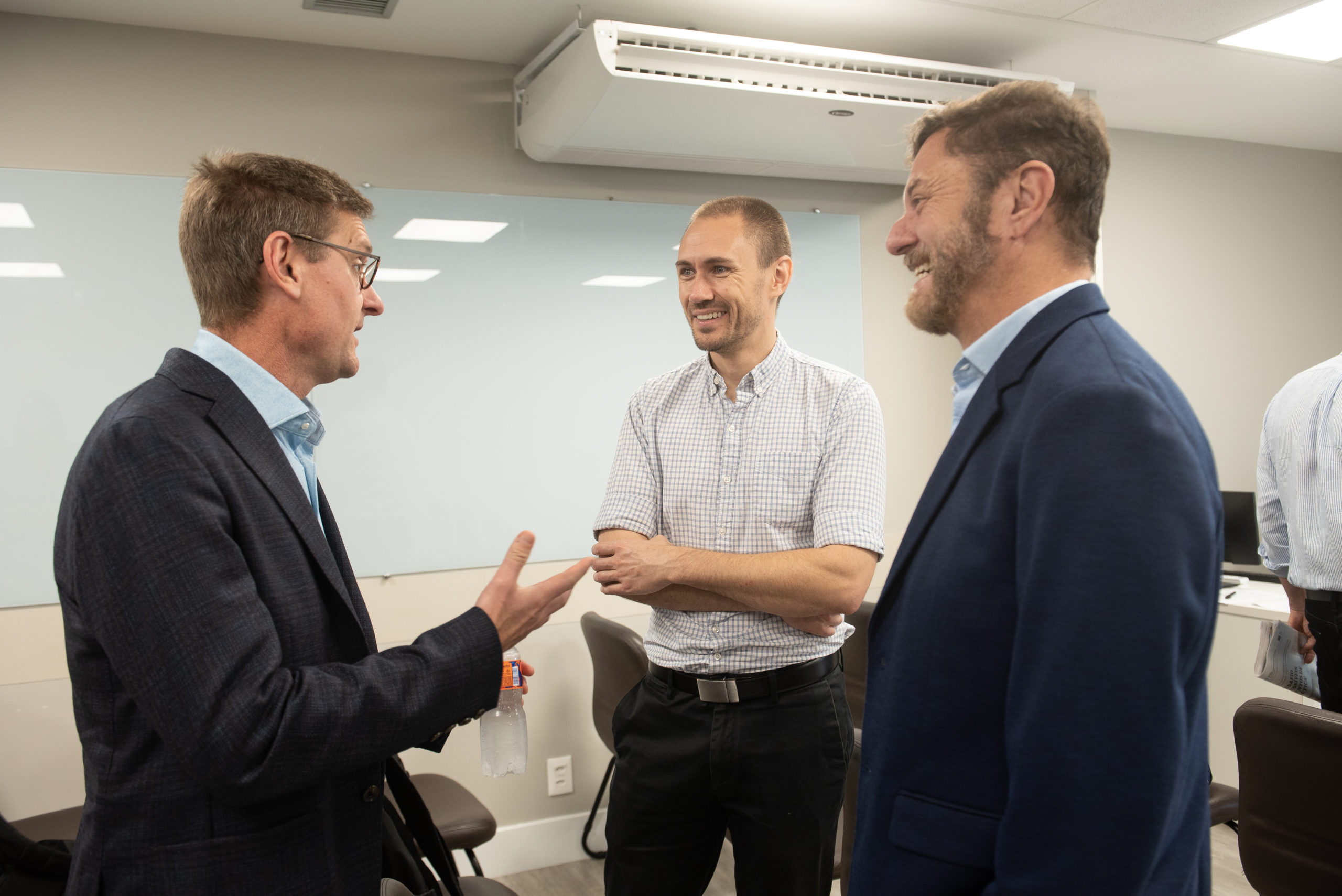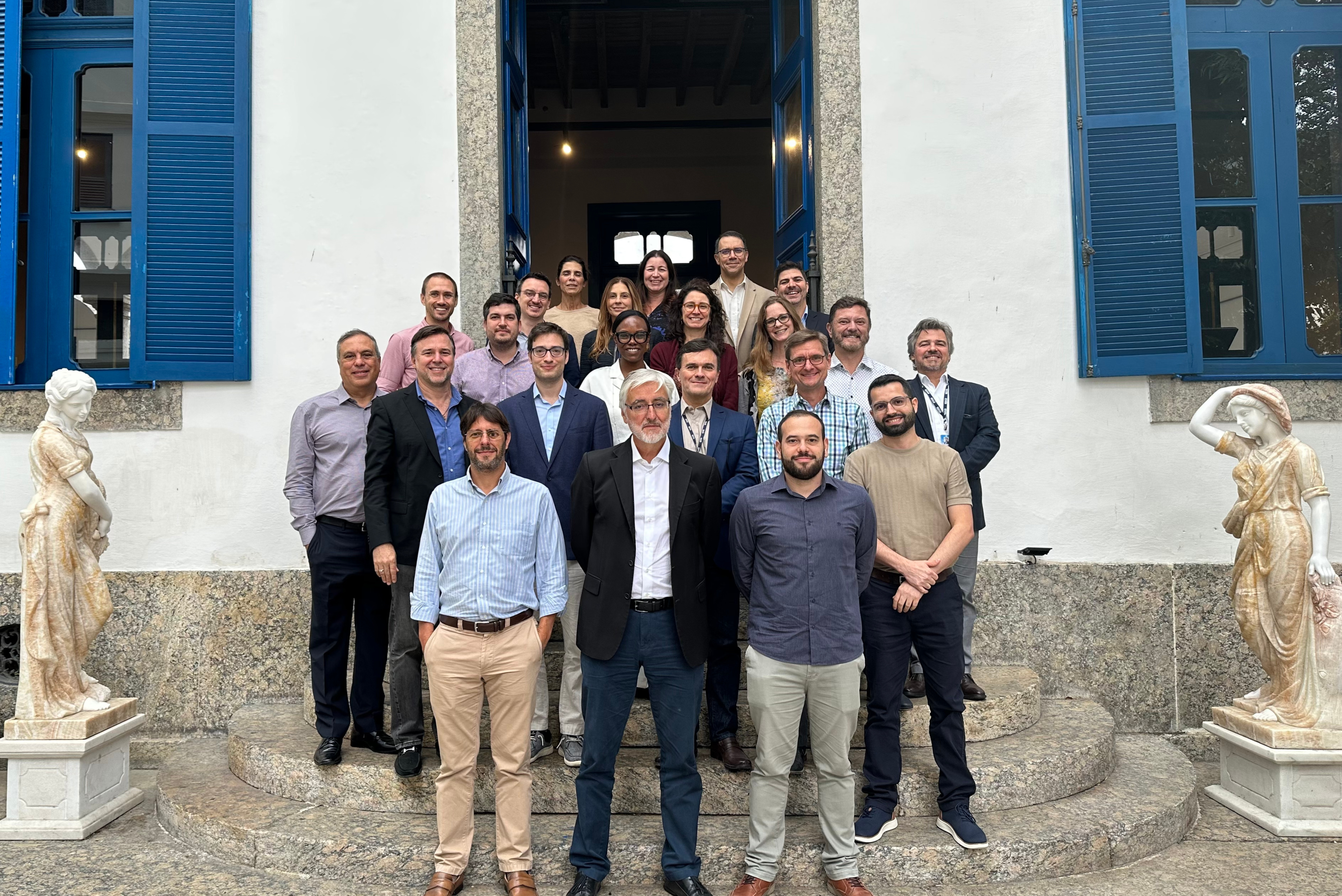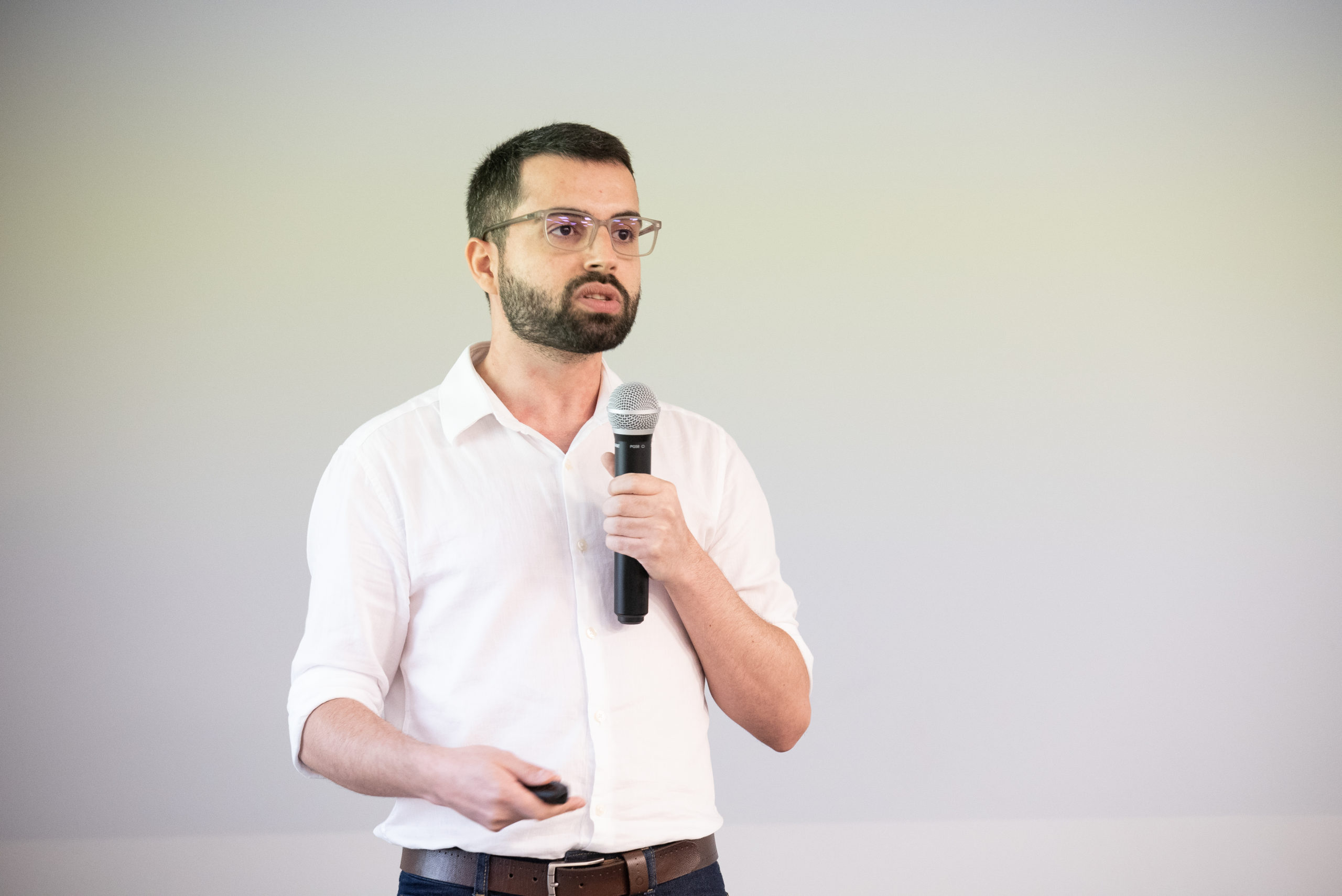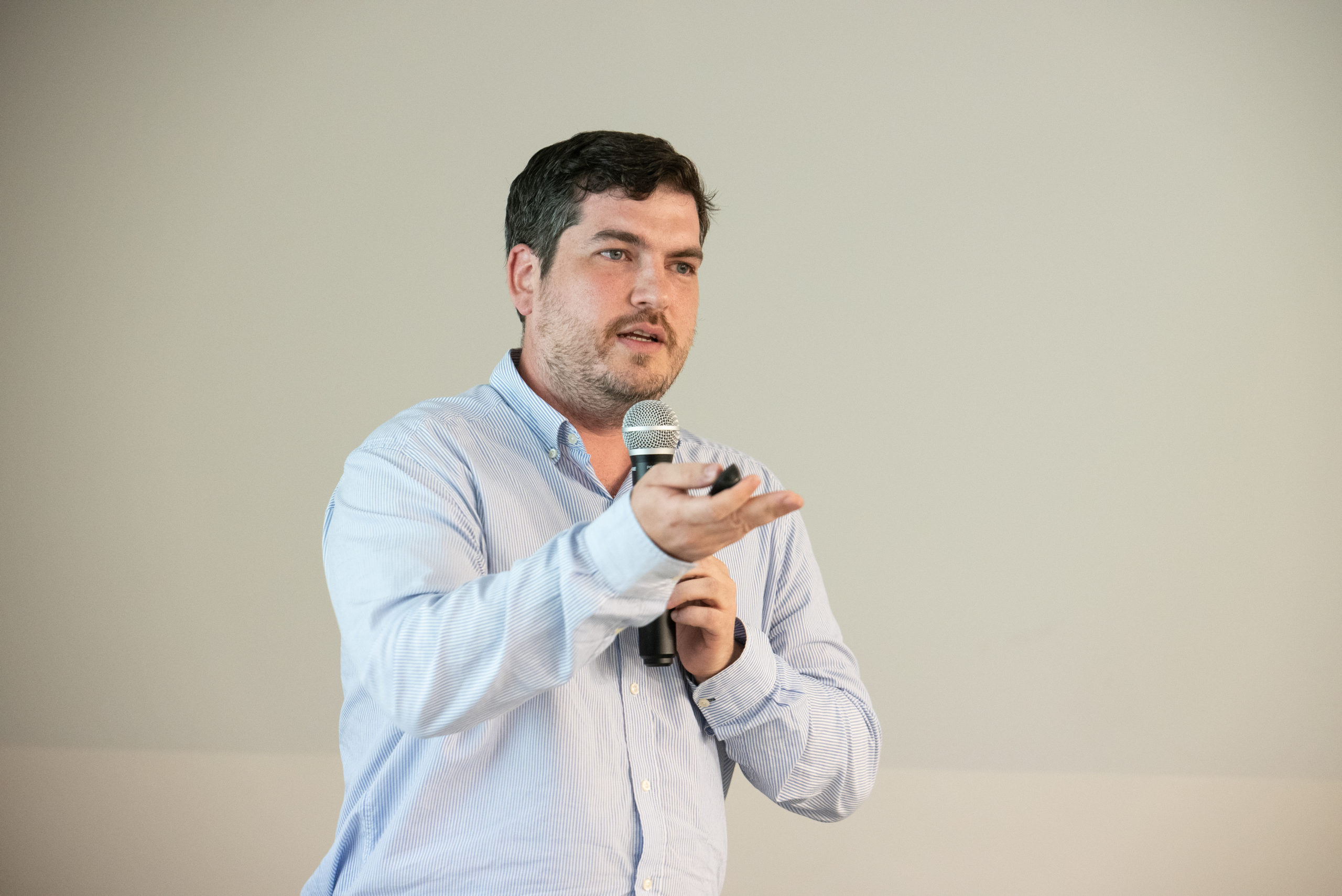In Rio de Janeiro, the D’Or Institute for Research and Education (IDOR) and Pioneer Science welcomed researchers from the Innovative Genomics Institute (IGI), an institution founded by Jennifer Doudna, winner of the 2020 Nobel Prize in Chemistry, located in Berkeley, California, United States. The partnership is expected to last six years and includes the exchange of researchers and discussions on new research fronts. The group’s agenda included lectures, visits to Copa Star Hospital – Rede D’Or facilities, and clinical research at the Glória D’Or Hospital, as well as IDOR’s laboratories and the Imaging Center.
The IGI is a leader in studies using the CRISPR gene editing technique, developed by Doudna. The institute’s goal is to work on genome editing tools that enable more accessible solutions to promote health and a better quality of life.


